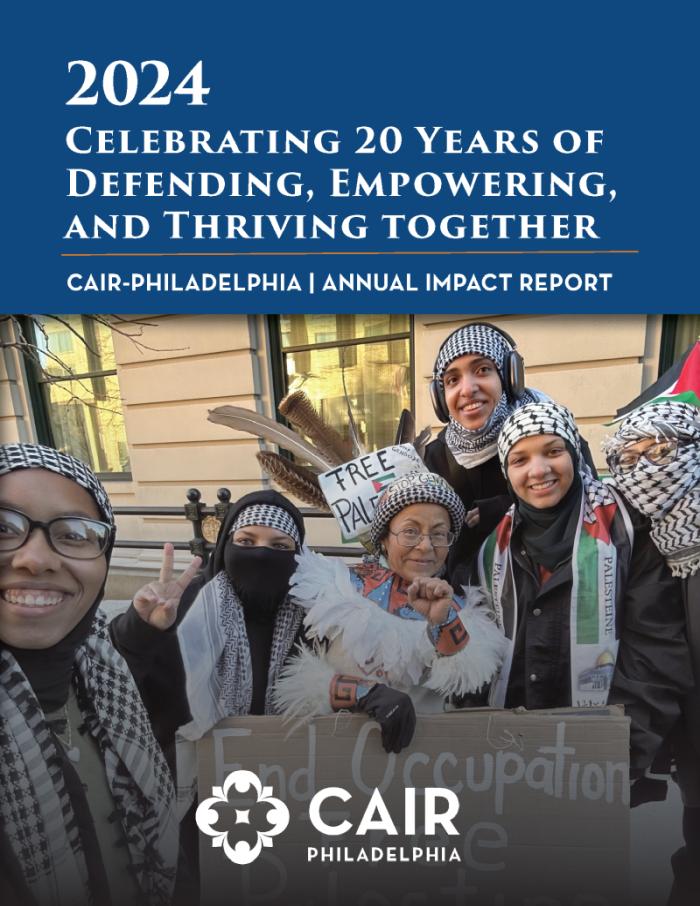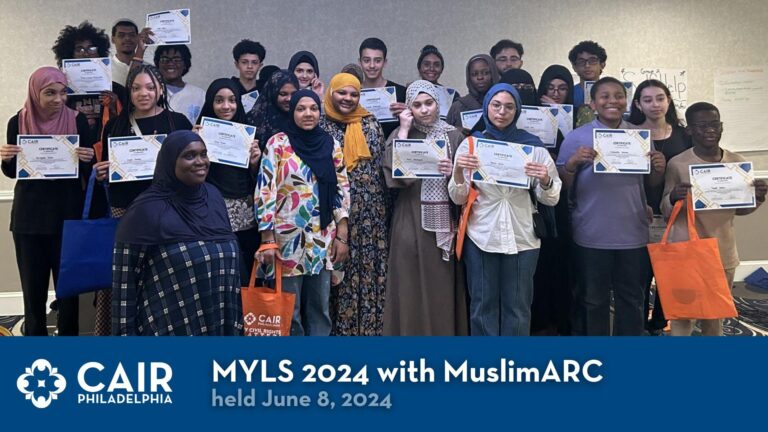In my previous reflections on the recently concluded election cycle, I pondered why these cracks and schisms appeared. Today, I dig deeper to try to understand some of the root causes.
Racism, divisions, and divergence are an inherent part of every country and every society. However, during the past few years these issues have become more overt in our democracy. A lot of these were below the surface and not part of our national narrative. But in the past few years, these (and so many more) have bubbled to the surface rearing their monstrous heads. The behavioral manifestations of these entrenched rifts are on display every day: acting out at kitchen tables, at political rallies, in the rise of vitriolic language, in the disintegration of relationships and the lowering of the national discourse. What are some of the reasons for this deep divide?
Complicated problems have multifarious variables and reasons. Overarchingly and explicitly, there are economic, single interest, and healthcare-focused issues; but in consideration of time and space, a few underlying and implicit issues are presented:
The rise of social media and the absorption of news from various social media platforms. Social media acts as an echo chamber that feeds us the news we want to imbibe and exploits a psychological phenomenon known as confirmation bias, which is a tendency to search for information which validates our viewpoints and ignores contradictory evidence. In line with that thought, we are very distinctly divided into watching certain networks and reaffirming our opinions ad nauseam. There is also paucity of reading and getting news from reliable and validated newspapers. We get our news in sound bites instead of reading and researching an issue (No, most Google searches and Facebook posts do not count as research).
Social media acts as an echo chamber that feeds us the news we want to imbibe and exploits a psychological phenomenon known as
confirmation bias
which is a tendency to search for information which validates our viewpoints and
ignores contradictory evidence.
Fostering of anti-science, anti-critical thinking, anti-climate change paradigm, introduced and reinforced by political figures who wield immense power and followership. This behavior has been modelled by politicians and has seeped into the psyche of our nation. This is of pivotal importance. This culture of pseudoscience and denial of well-established and validated facts has become the norm. The embrace of QAnon is a good illustration of this point. An article in Forbes (September 2, 2020) highlighted that some 56% of Republicans believe that QAnon is mostly or partly true. This culture can be explained by gaslighting, a manipulative technique where lying is used to bolster egos and acquire control over the masses.
We often hear that America is the promised land. The land of the free, with opportunities for all and an embrace of diversity. But for the past few years, manipulative tactics and fearmongering have been used extensively — in stark opposition to the ideals of this country. Fear of the “other” has been invoked and we are invited to attribute our failures and our angst onto the “other”. Masses are encouraged implicitly and sometimes even explicitly to scapegoat. The other can be classified according to many attributes: the person with the accent, with a different skin tone, a different socioeconomic class, a different religion or even someone with a neurodiversity. Racism and otherism are prevalent in all societies, but societal mores previously dictated that we keep those behaviors in check.
The current climate has made acceptable — even encouraged — behaviors that our society would have shunned. Modelling and observational learning is a very important part of behavior psychology and its significance is demonstrated in the behavior of the masses. The simple premise is if our leaders and influencers can be blatantly racist and mean and derogatory, then it is permissible for us to act in a similar manner.
Another reason which can explain such deep-rooted problems could be an adherence to group identity. Social psychology teaches us that human beings crave social connectedness and group allegiance. When an individual finds that within a group, they conform to the norms and values of the group and refrain from criticizing behaviors related to the group. This fosters groupthink and permissive followership.
Many issues arise on the other side as well. They are considered too liberal, anti-birth, promoters of high taxes, and elitists. Or antithetical to family values, promoters of socialistic ideas, focused on LGBTQ rights, fiscally weak, and proponents of open borders. They are considered the party who talk not about kitchen table issues but focus on perfectionism and outlier issues. The subliminal and explicit messaging about them is that they will take away the guns, repeal the second amendment, and make our country into a Godless nation with open borders and high taxes.
So how can the twain meet? How do we start with the healing and dialogue? Share your comments on Facebook and I will discuss further in my next blog.
Durriya Shamsi was a former member of CAIR-Philadelphia’s Advisory Board.
Disclaimer: Views and opinions expressed in this blog belong solely to the author and do not represent the positions of institutions, organizations, or individuals that the author may be associated with in a professional or personal capacity, unless explicitly stated.





